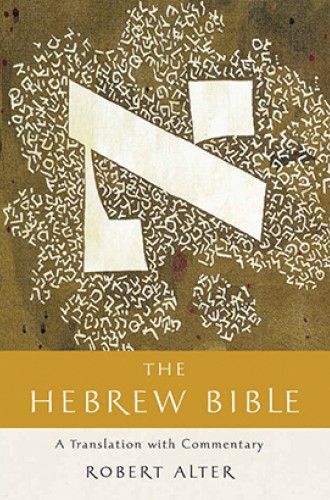Robert Alter’s Hebrew Bible translation is at once accurate and eloquent
Precision and beauty have kissed.
Robert Alter has accomplished the monumental feat, 22 years in the making, of single-handedly translating the Hebrew Bible into English. Since he began, Alter’s translation has been published in segments. Now that he has completed the magisterial project, it is available in its entirety as a three-volume set.
Alter claims that despite the many competent translations already available, his was necessary because modern translations generally display a “shaky sense of English,” while more ancient translations (such as the 17th-century King James Version) exhibit “a shaky sense of Hebrew.”
With remarkably few exceptions, Alter avoids both pitfalls. He manages to provide precision in translating—remaining true to Hebrew grammar and syntax as well as modern philological scholarship—without sacrificing an organic, often graceful English that sits well with an English-speaking readership.






